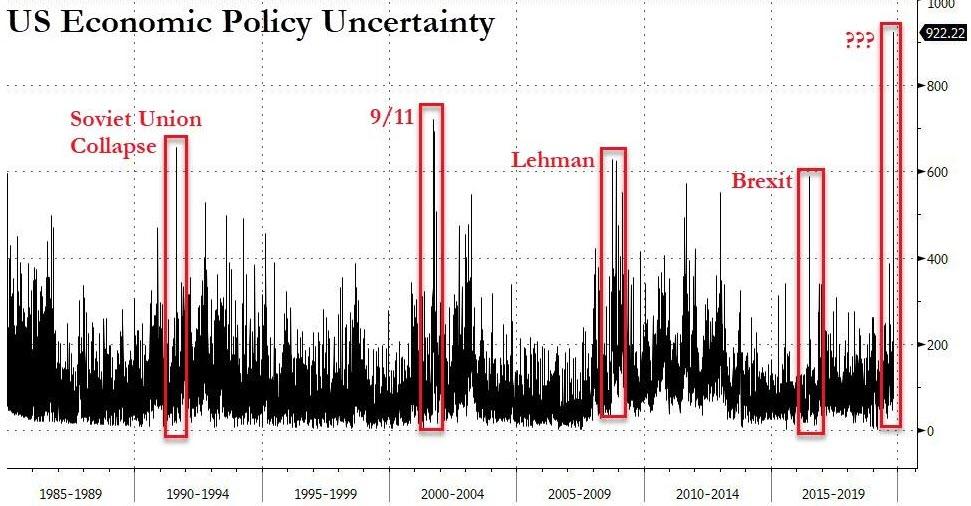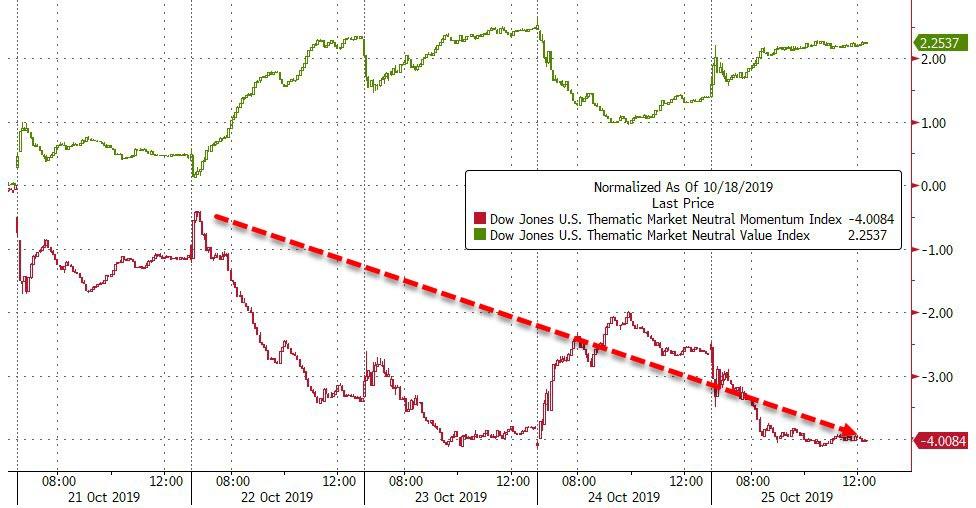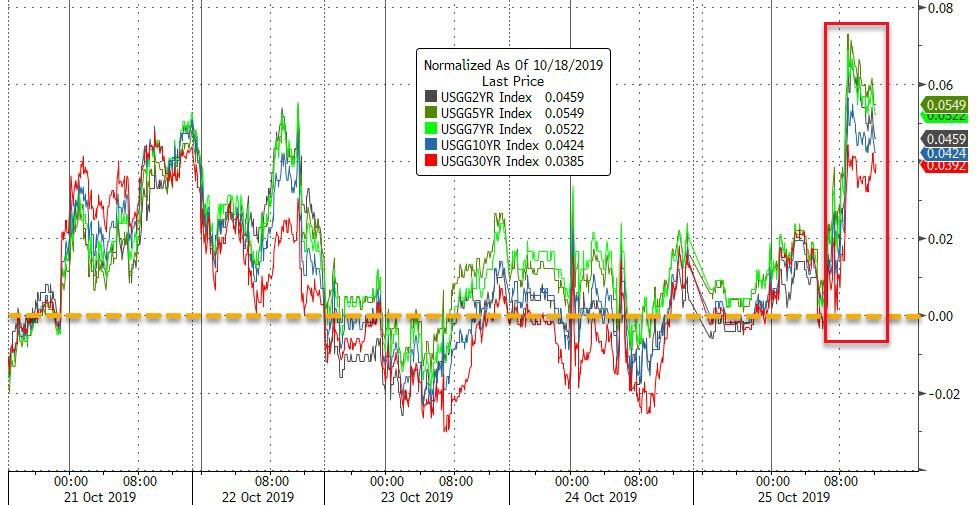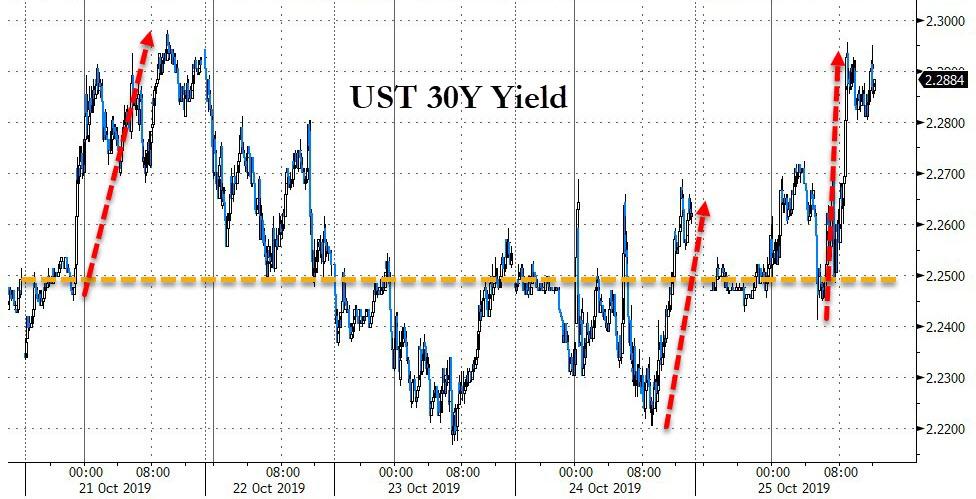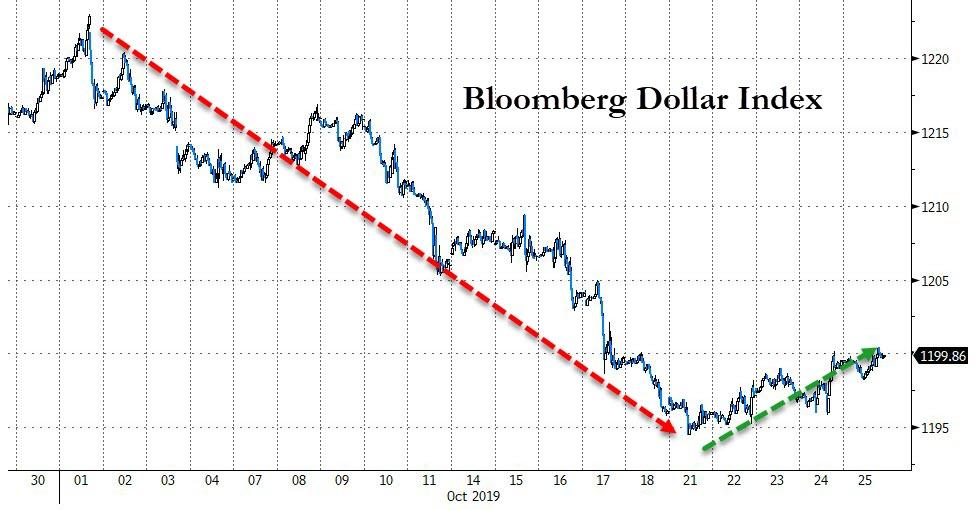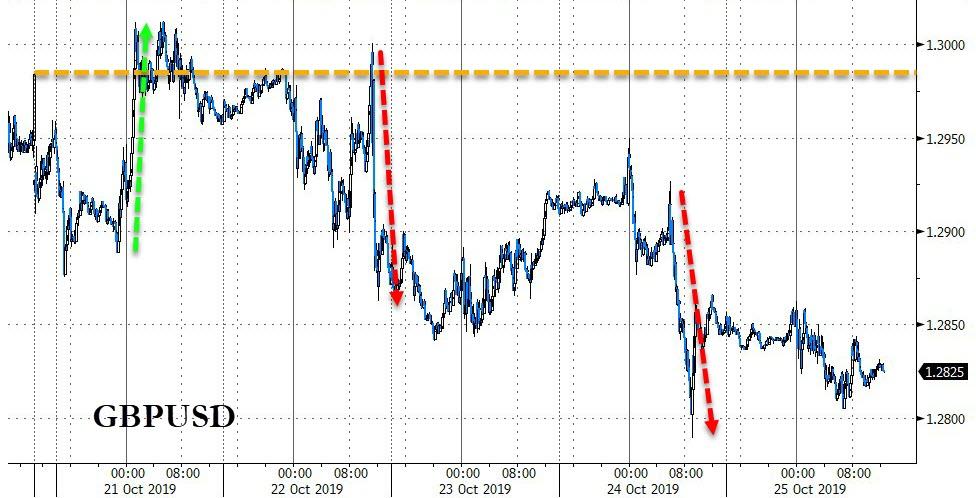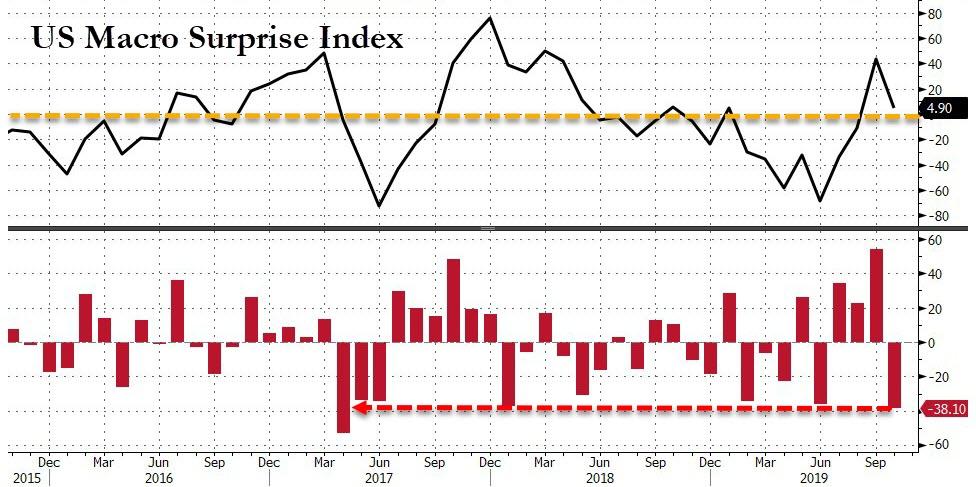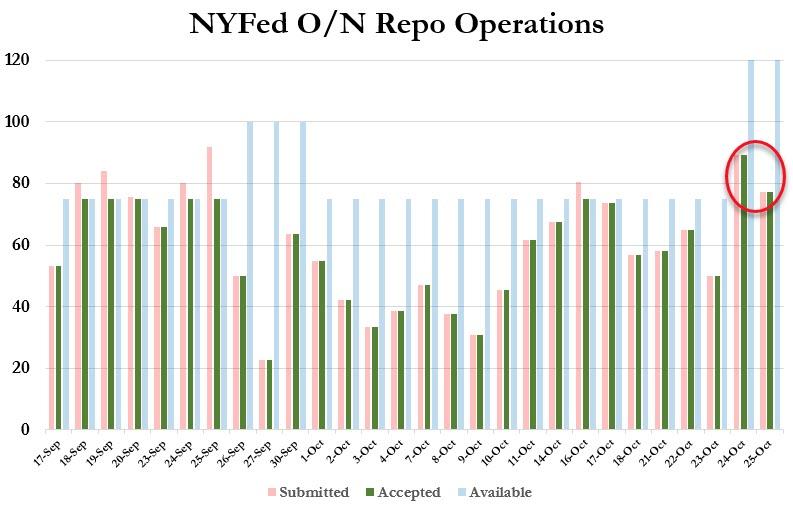Limetown. Available now on Facebook Watch Original.
In 1998, when everybody was saying Saving Private Ryan was the most realistic war film ever made, I called my brother—who served several years in the U.S. Army, including a stretch in Vietnam, to ask if he’d seen it.
“Yeah, but I don’t know why people say it’s so authentic,” he grumbled. “You know that opening scene on Omaha Beach during the D-Day invasion? They showed that for 20 minutes. But in real life, it went on for like six hours.” I was afraid to ask if he’d ever noticed that no movie or TV character with a telephone ever dials seven digits.
Every movie and TV show requires a certain suspension of disbelief. We never see anybody sleep for eight hours or go to the bathroom (or at least, we didn’t used to). In sci-fi and horror, that goes double or maybe triple. Carl Kolchak, the Night Stalker reporter whose stories inevitably wound up being about werewolves and vampires, never once stopped to take any notes. (Maybe that’s why he never got anything into print?)
But there’s got to be a kind of broad verisimilitude in the details once you get past that suspension of disbelief. Saving Private Ryan‘s Captain Miller didn’t whistle “I Want To Hold Your Hand” or warn his men to set their phasers to stun as they stormed ashore at Normandy, much less seek peace by shouting praise of Wagner and Nietzsche.
And if he had, it still wouldn’t have been as nonsensically silly as Limetown, the new thriller from the Facebook Watch Original streaming service. Consider this scene:
Reporter Lia Haddock is trapped in a motel room, where a zombie-like lunatic is banging his head on the flimsy door, shrieking, “This is your warning!” Does she call the front desk for help? Does she call the cops? Nah, she whips out her cell phone to record a description of the loon “in case something happens.”
It costs nothing to subscribe to Facebook Watch Original, which is a fair price for Limetown. Tedious at its best moments, completely empty-headed at its worst, it would scarcely be worth mentioning if not for the buzz from public-radio cultists: It’s based on an American Public Radio podcast that gives it built-in audience that, however small, is plenty noisy.
The premise of Limetown is potentially spooky. Fifteen years ago, a small, secretive town in the Tennessee mountains simply disappeared. Or, rather, the 300-some neuroscientists who lived there, working on a Manhattan Project-style classified government program, did.
The only trace of them was a single charred and crucified corpse left behind on the town’s main street. Other creepy but cryptic clues: a mass grave of pig carcasses—sacrifices? or results of an experiment gone wrong? and which would be more ominous?—and the presence of a 80-mile-long network of caves underneath the town, with entrances from every building.
Unfortunately, the premise is about all Limetown has going for it. The plot details are silly. For instance, when a single call for help came from the town that night (“Shut it off!” the caller yelled before the connection was broken), the police SWAT team that responded was prevented from entering by a private security force. Obeying whose orders? Nobody seems to have asked.
The town is still sitting there, protected only by a chain-link fence. But the houses and their contents are untouched since the moment their occupants disappeared. The army of squatters and grieving relatives camped just outside have never broken or taken anything. Which, I suppose, might be true if they were all public-radio listeners who were just there waiting for Garrison Keillor autographs. In Miami, where I live, there wouldn’t have been two bricks left standing the next morning.
To the extent that Limetown has a point (other than whatever corporate perfidy ultimately turns out to be responsible for what happened), it seems to be that the 24-hour news cycle has so scrambled Americans’ brains and scarred their souls that even the most profound tragedies have been forgotten by the weekend.
That, at least, is the thesis of the radio reporter Lia Haddock, who’s looking into the disappearance 15 years later. “What makes the Limetown tragedy unique, what makes it worth the continuing discussion in spite of the collective moving on, she says in her news report, is the complete lack of context.” (Or maybe she said “confidence,” not context. For a radio reporter, she mumbles a lot.) In this, at least, Limetown is on the mark—a public-radio reporter who’s interested not in what happened to the missing people, or why, but the media sociology of it.
Haddock is played by a stoic, foggy Jessica Biel (The Sinner), who seems to have found a few Quaaludes on the craft-services snack table. For somebody who finally has her dream job—as a little girl, she liked to put tiaras on the heads of her family members and conduct mock interviews with them—Lia seems curiously apathetic about her story, on which she’s already worked for four months.
Perhaps her drifting, disconnected performance is a writing, rather than acting, problem; the rest of the characters also seem to lack details, as if they weren’t fully composed.
Whatever the case, Biel’s Haddock makes Carl Kolchak look like Woodward and Bernstein. She has no idea what to ask her sources, or even how; she tapes one important interview by holding her phone up to the studio microphone, which will produce audio that sounds roughly like the screaming of bats.
Biel, by the way, seems completely on board with the idea that today’s Americans can’t hold anything in their heads more than 10 minutes at a time. When she first got the Limetown script, she told a (real) reporter at a screening earlier this month, she thought it was based on a true story. “I just thought I missed it, because our world is so insane that anything is possible really, right?” Biel explained. Move over, Nina Totenberg.

from Latest – Reason.com https://ift.tt/2NgDd1F
via IFTTT


